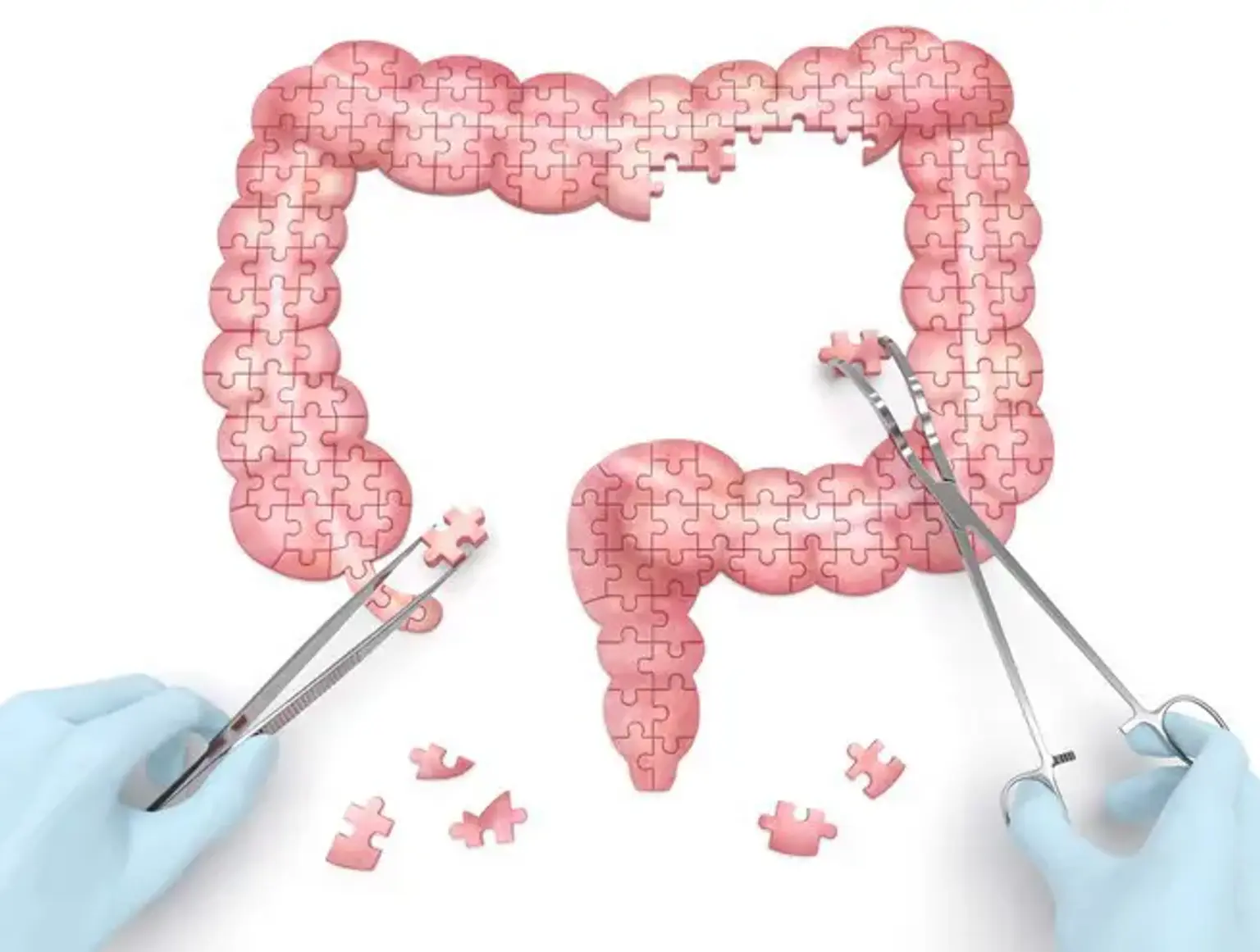Large bowel resection
Overview
A bowel resection is a surgical surgery that involves the removal of a segment of your small or large intestine. The damaged part of your intestine is removed during surgery, and the two healthy ends are linked together.
